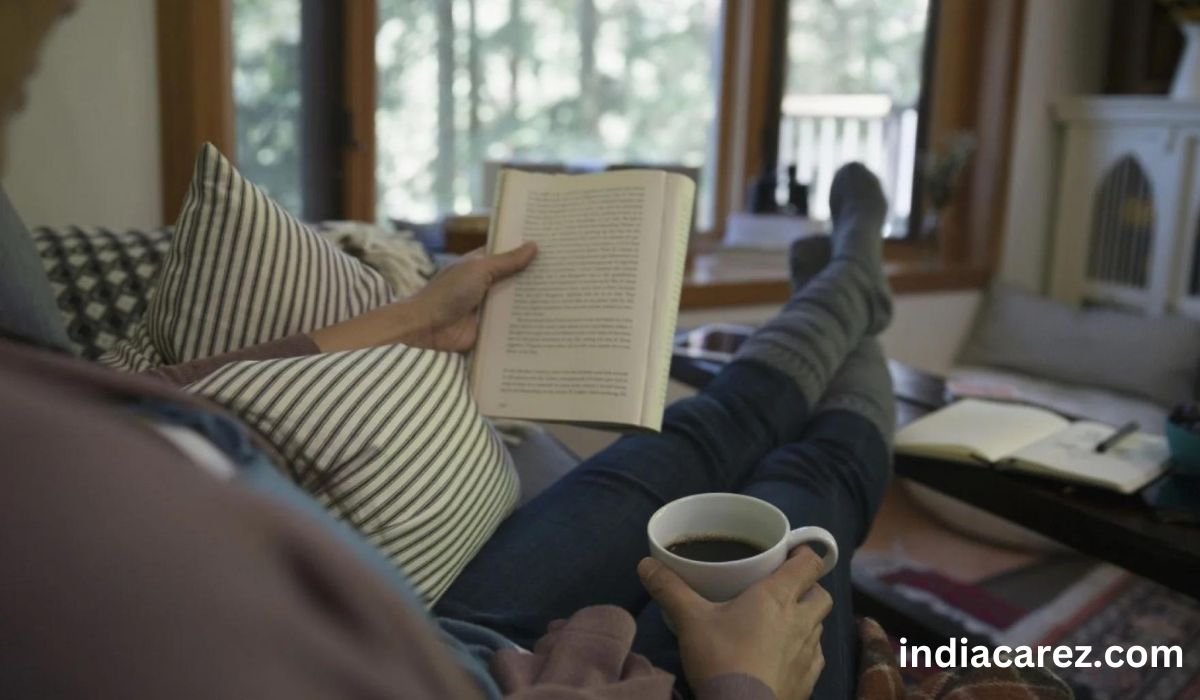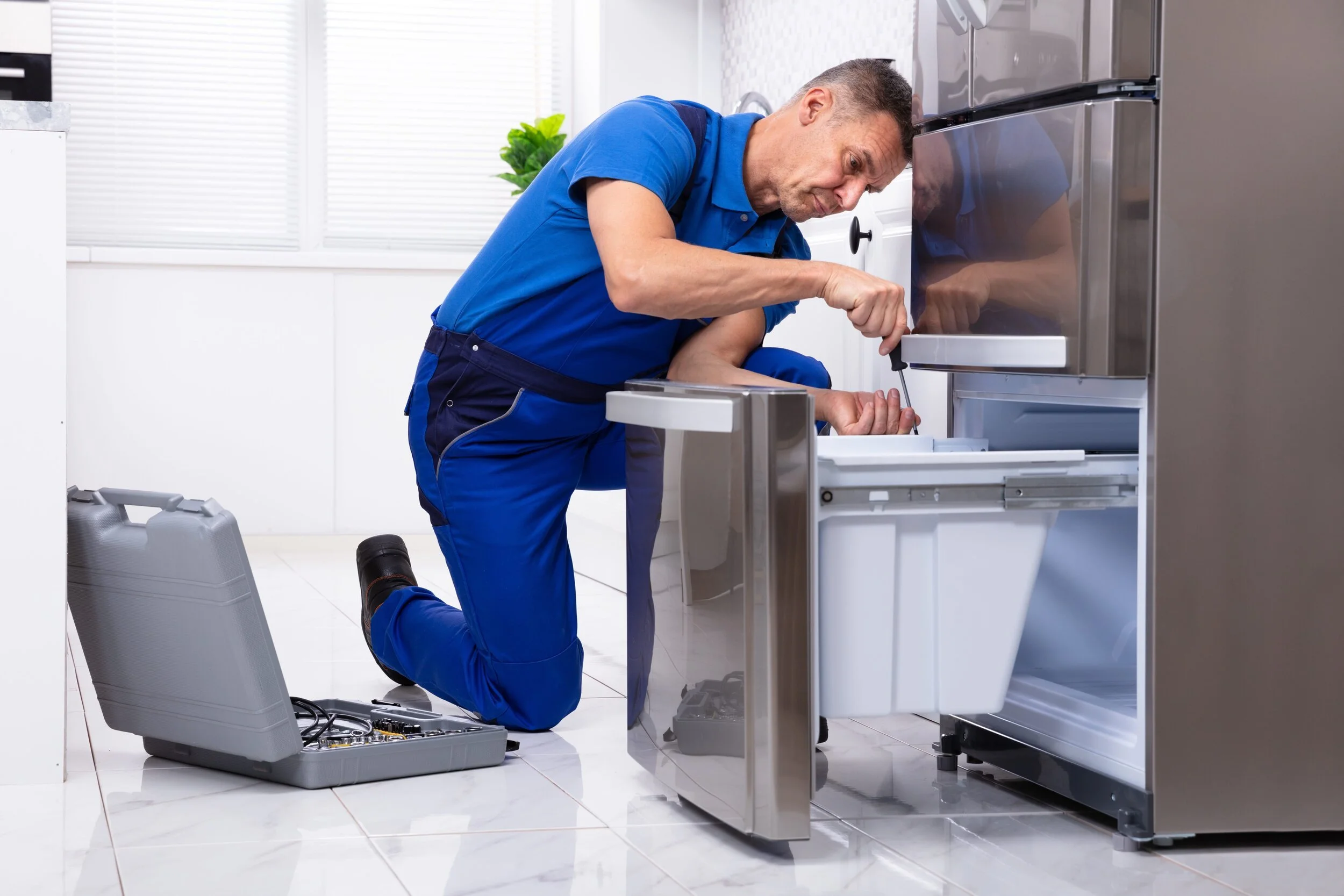In a society that often values productivity over well-being, taking time to relax can seem like a luxury. However, relaxation is crucial for maintaining both mental and physical health. It allows the body to recover from the daily grind, reduces anxiety, and improves overall quality of life. In this blog post, we’ll explore various ways to de-stress and how these methods can seamlessly fit into your busy schedule.
Understanding Stress and How It Affects Our Physical and Mental Health
Stress is more than just a feeling—it has real effects on your body and mind. When you’re stressed, your body releases hormones like cortisol, which can lead to:
- Physical Symptoms such as headaches, muscle tension, and fatigue.
- Mental Health Issues include anxiety, depression, and irritability.
- Long-term Health Risks like heart disease, high blood pressure, and diabetes.
Recognizing the signs of stress and understanding its impact is the first step toward managing it effectively.
Simple Ways to De-Stress Daily Techniques for Mind, Body, and Environment
Mindfulness and Meditation Practices
Mindfulness and meditation are powerful tools for reducing stress. They help you stay present and focused, reducing the constant worry about past or future events. Here’s how to get started:
- Breathing Exercises Spend five minutes each day focusing on your breath. Inhale deeply, hold for a few seconds and exhale slowly.
- Guided Meditations Use apps like Headspace or Calm to guide you through short meditative sessions.
- Mindful Moments Practice mindfulness during daily activities like eating or walking, paying full attention to the experience.
Physical Activity and its Stress-Relieving Benefits
Exercise is a natural stress reliever. Physical activity releases endorphins, which are chemicals in the brain that act as natural painkillers and mood elevators. Here are some simple ways to incorporate physical activity into your day:
- Short Workouts Even a 10-minute walk can make a difference in how you feel.
- Yoga Incorporate yoga stretches into your morning routine to start the day relaxed.
- Dance It Out Put on your favorite music and dance around your living room to lift your spirits.
Creating a Calming Environment
Your surroundings can significantly impact your stress levels. Creating a calm and inviting space can help you relax and unwind. Consider these tips:
- Declutter A tidy space can lead to a tidy mind. Spend a few minutes each day organizing your surroundings.
- Aromatherapy Use essential oils like lavender or eucalyptus to create a soothing atmosphere.
- Natural Elements Incorporate plants, natural light, and calming colors to make your space more serene.
The Role of Nutrition in Stress Management Foods that Promote Relaxation
What you eat can have a profound effect on how you feel. Certain foods contain nutrients that help reduce stress and promote relaxation. Here are some examples:
- Complex Carbohydrates Foods like whole grains can increase serotonin levels, helping to improve mood.
- Fatty Fish Rich in omega-3 fatty acids, fish like salmon can reduce stress hormones.
- Herbal Teas Chamomile, peppermint, and green tea have calming properties that can help you unwind.
The Power of Disconnecting Managing Technology Use for Better Mental Health
In a world dominated by screens, disconnecting from technology can be a powerful way to reduce stress. Here’s how to manage your tech use effectively:
- Set Boundaries Allocate specific times for checking emails and social media.
- Digital Detox Dedicate one day a week to going screen-free.
- Night Mode Use blue light filters on your devices to reduce eye strain and improve sleep quality.
The Importance of Sleep in Stress Management Tips for a Restful Night
Sleep is a vital component of stress management. Without adequate rest, your body can’t recover from daily stressors, leading to increased anxiety and irritability. Here are some tips for a better night’s sleep:
- Consistent Schedule Go to bed and wake up at the same time every day.
- Sleep-Friendly Environment Make your bedroom a sanctuary with comfortable bedding and a cool, dark atmosphere.
- Nightly Routine Establish a calming pre-sleep routine, such as reading or taking a warm bath, to signal to your body that it’s time to wind down.
The Magic of Massage A Hands-On Approach to Relaxation
Massage therapy is an excellent way to de-stress and alleviate tension. It improves circulation, reduces muscle stiffness, and promotes relaxation. Here’s why you should consider incorporating massage into your routine:
- Professional Massages Visit a massage therapist, such as those in Highland, Utah, for targeted treatments that address specific areas of tension.
- Self-Massage Learn techniques to massage your neck, shoulders, and feet at home.
- Massage Tools Invest in tools like foam rollers or massage guns to help relieve muscle tension.
Incorporating Relaxation Practices into Daily Life for Long-term Well-being
Relaxation isn’t a one-time activity; it’s a lifestyle change that requires consistent effort. Here’s how to make relaxation a part of your daily life:
- Daily Rituals Incorporate small, stress-relieving practices into your daily routine, like morning stretches or evening meditation.
- Stay Active Regularly engage in physical activities that you enjoy, whether it’s hiking, swimming, or dancing.
- Community Support Surround yourself with supportive friends and family who encourage your efforts to de-stress.
Conclusion
Now that you have a clearer understanding of stress and its effects on your well-being, it’s time to implement these de-stressing techniques. Be patient with yourself; relaxation is a continuous journey that demands consistent effort. With time and dedication, you’ll reap the rewards of a calmer mind, a healthier body, and a more peaceful environment. Don’t allow stress to dictate your life any longer—take control and prioritize your mental and physical health today!
Whether you opt for mindfulness practices, engage in physical activities, create a soothing atmosphere, incorporate relaxation-promoting foods into your diet, disconnect from technology, or explore massage therapy, there are plenty of options available to help reduce daily stress levels.










